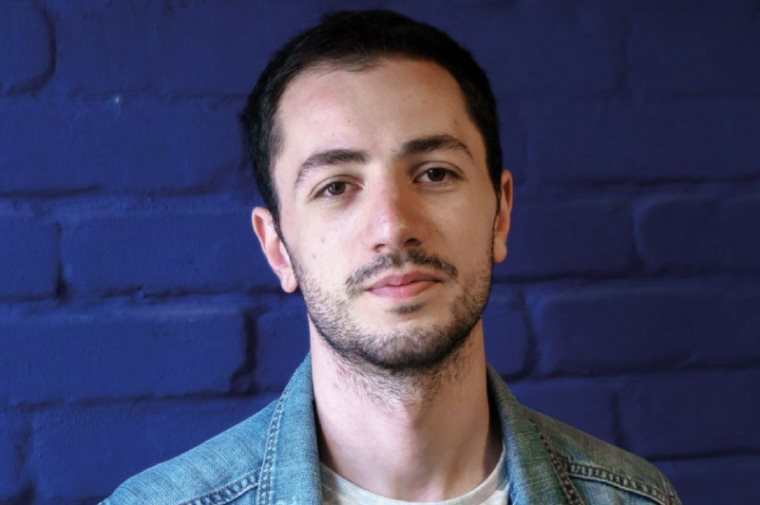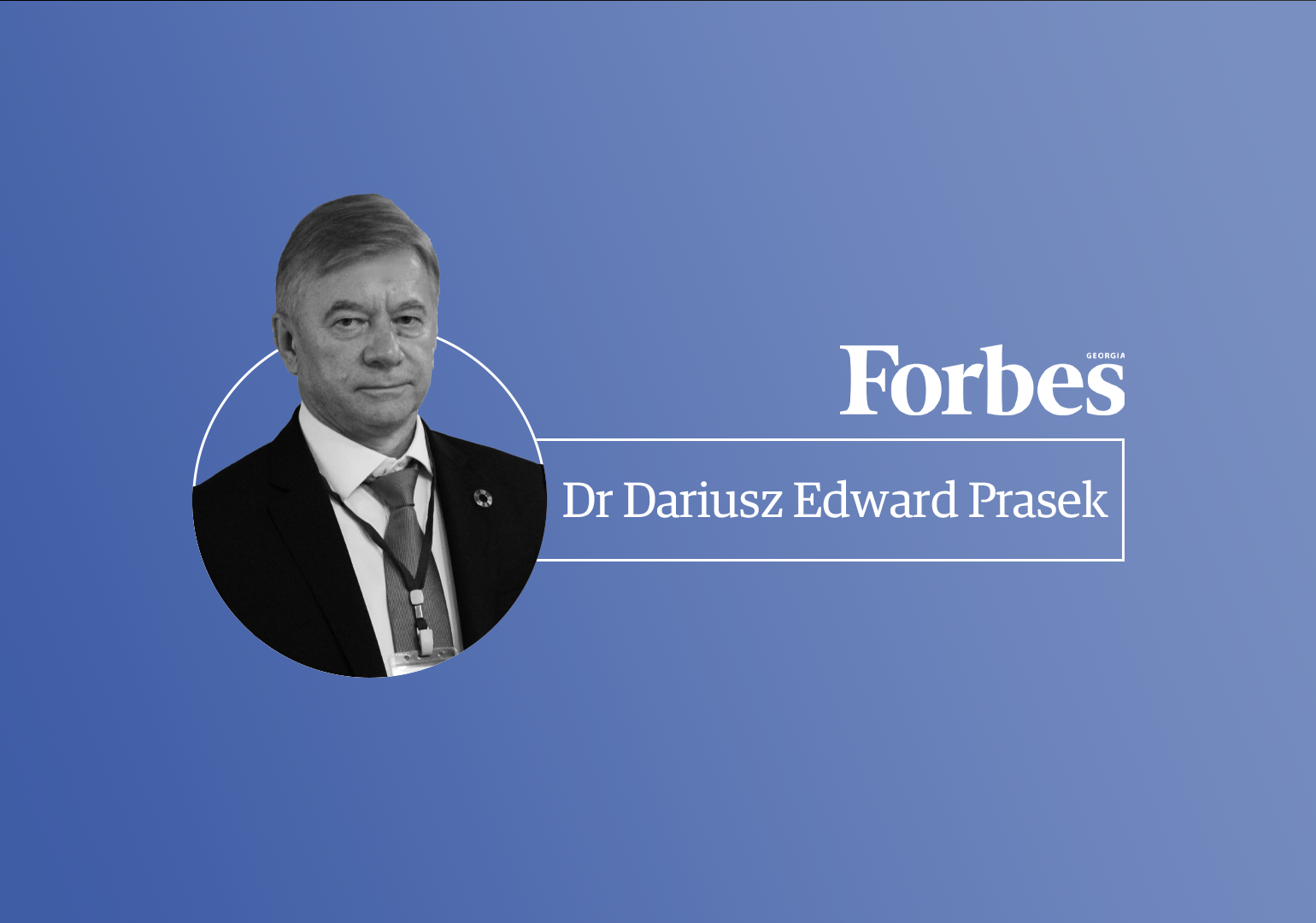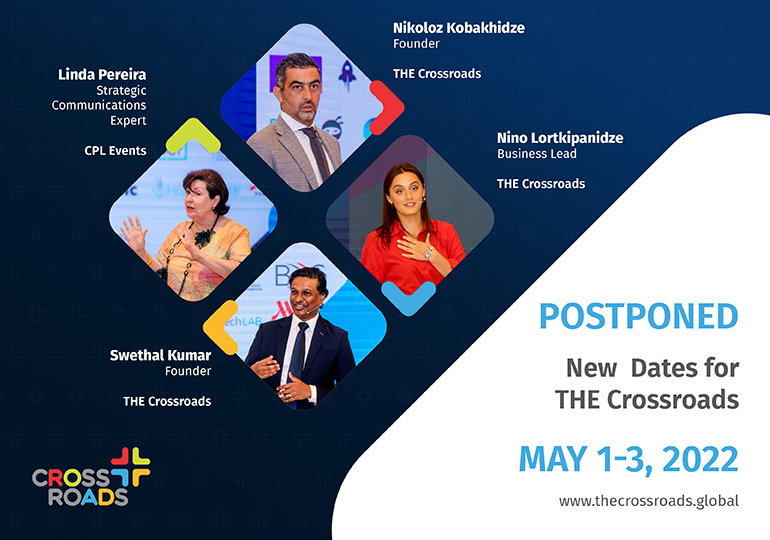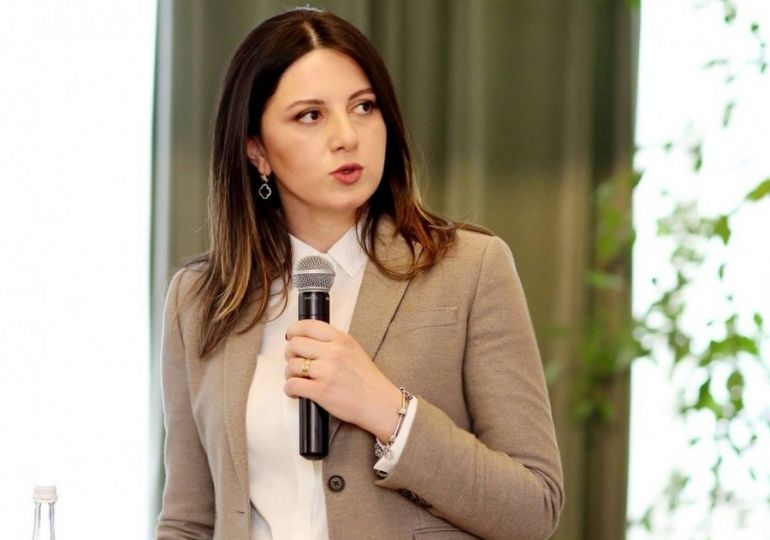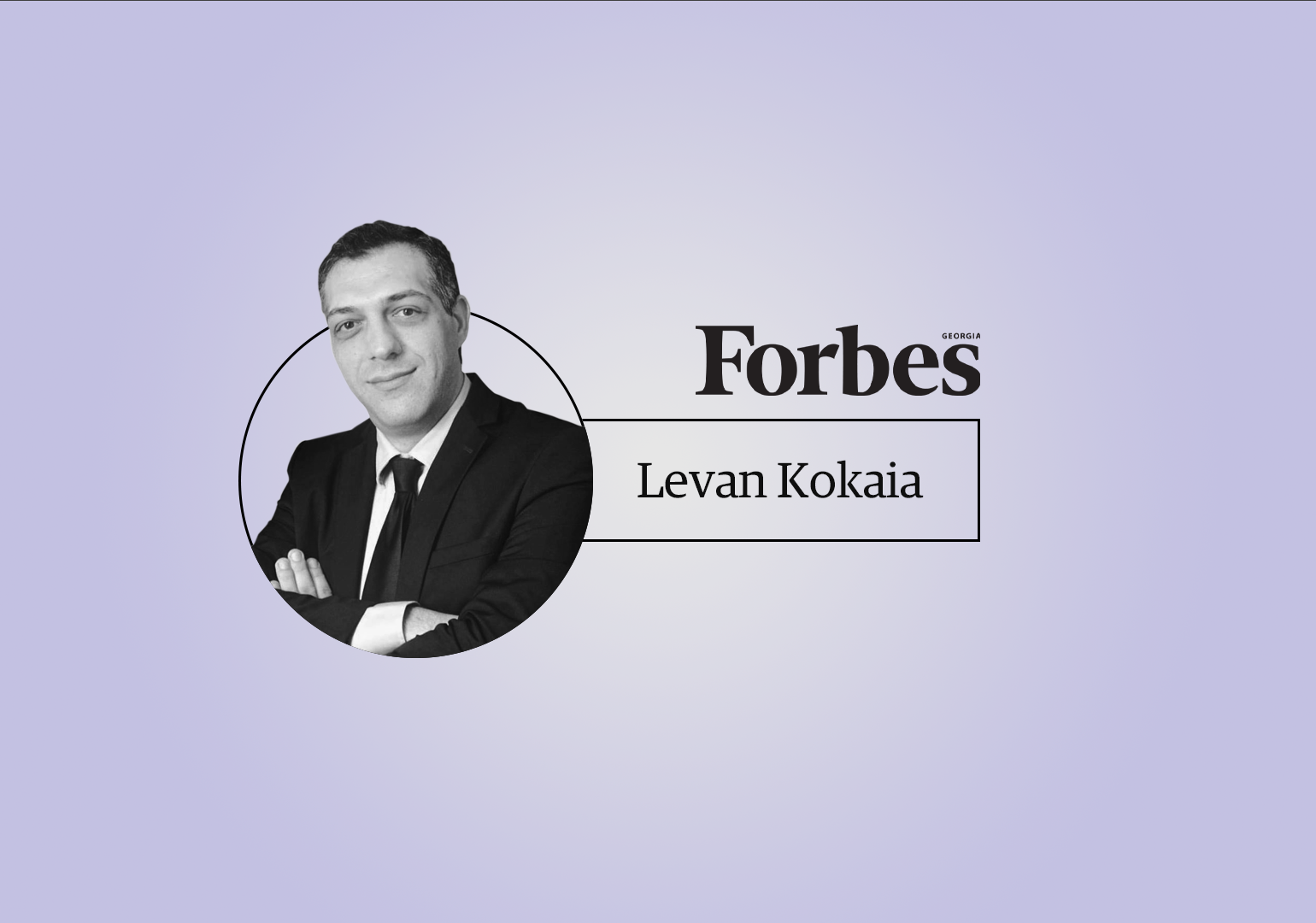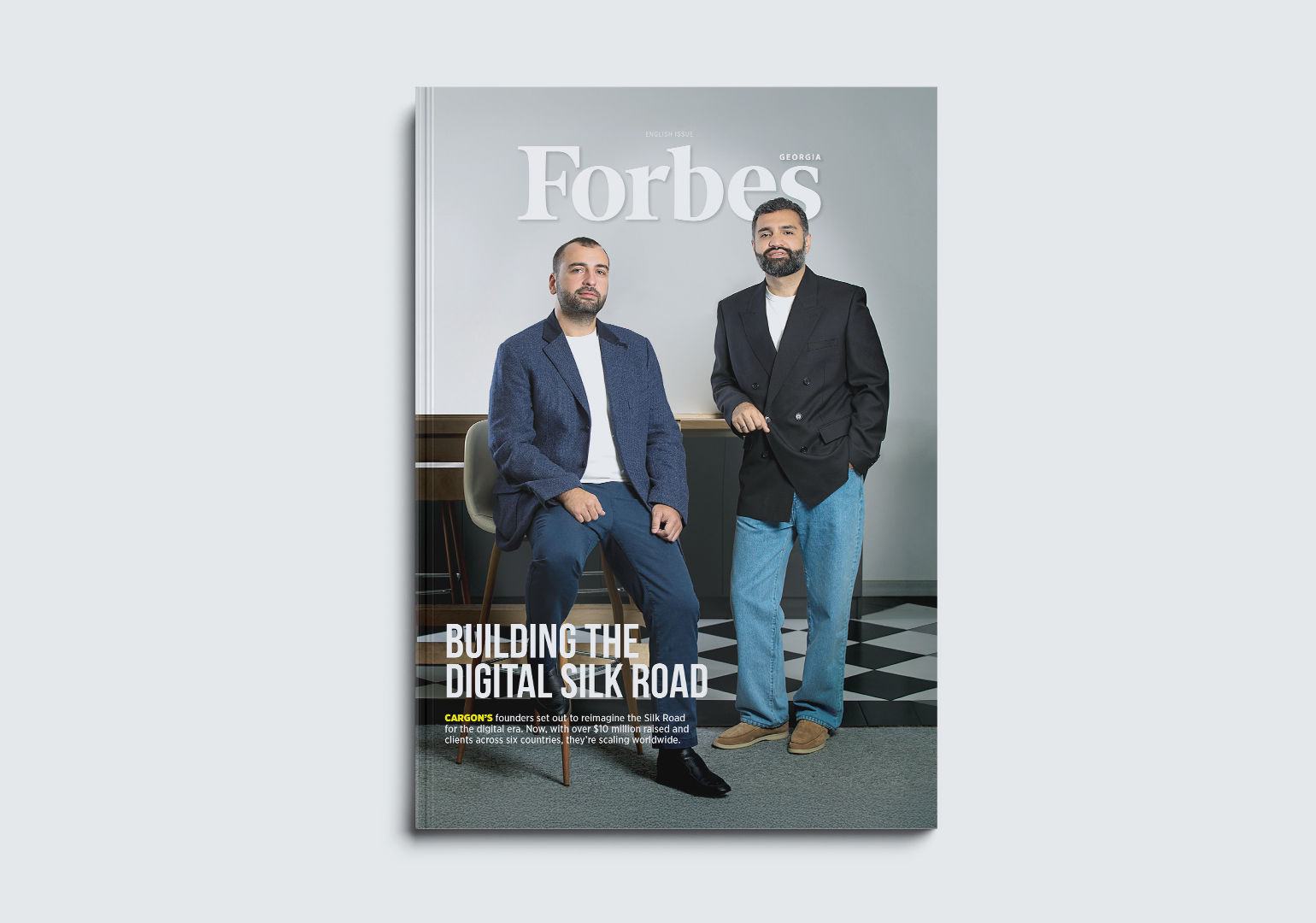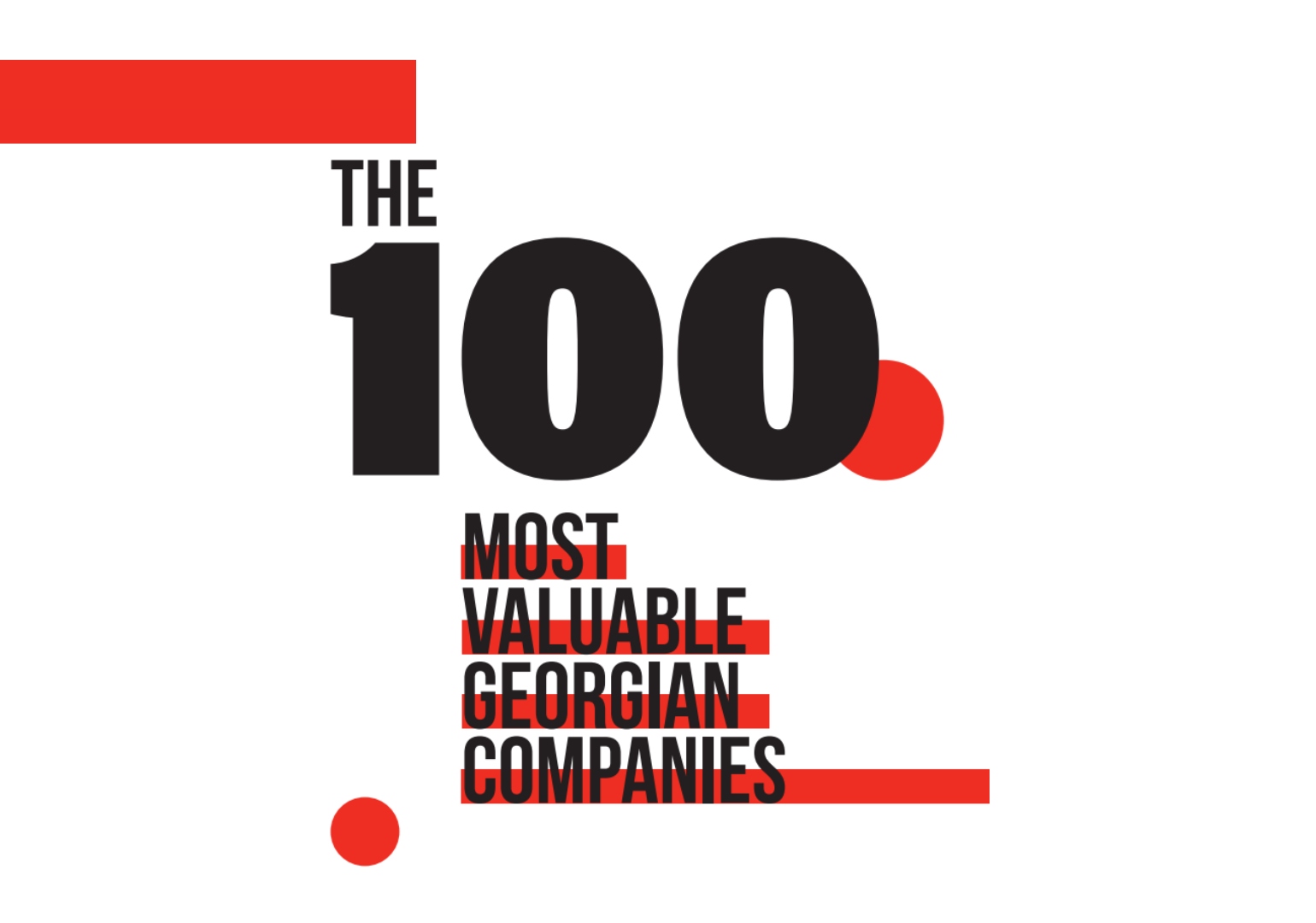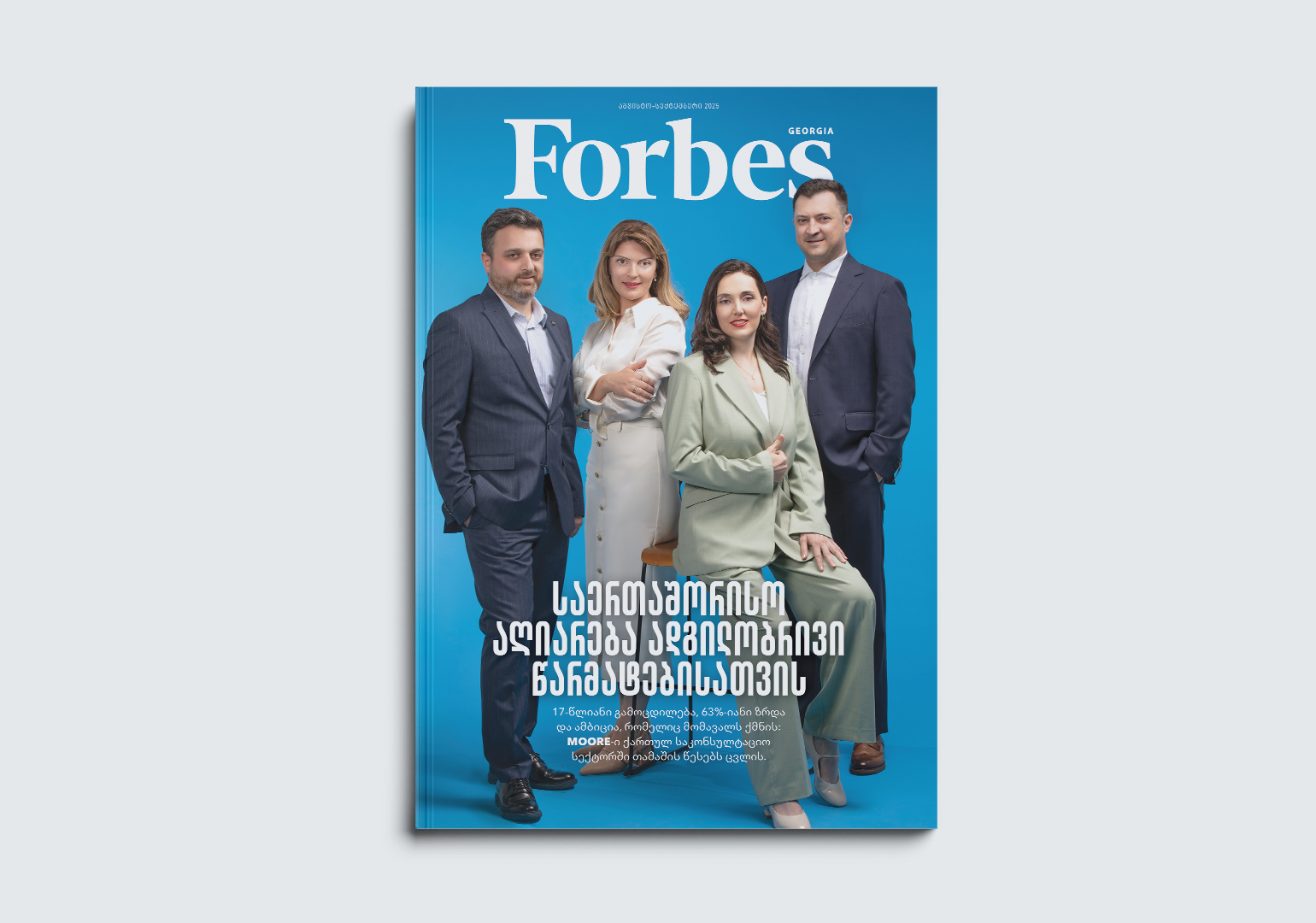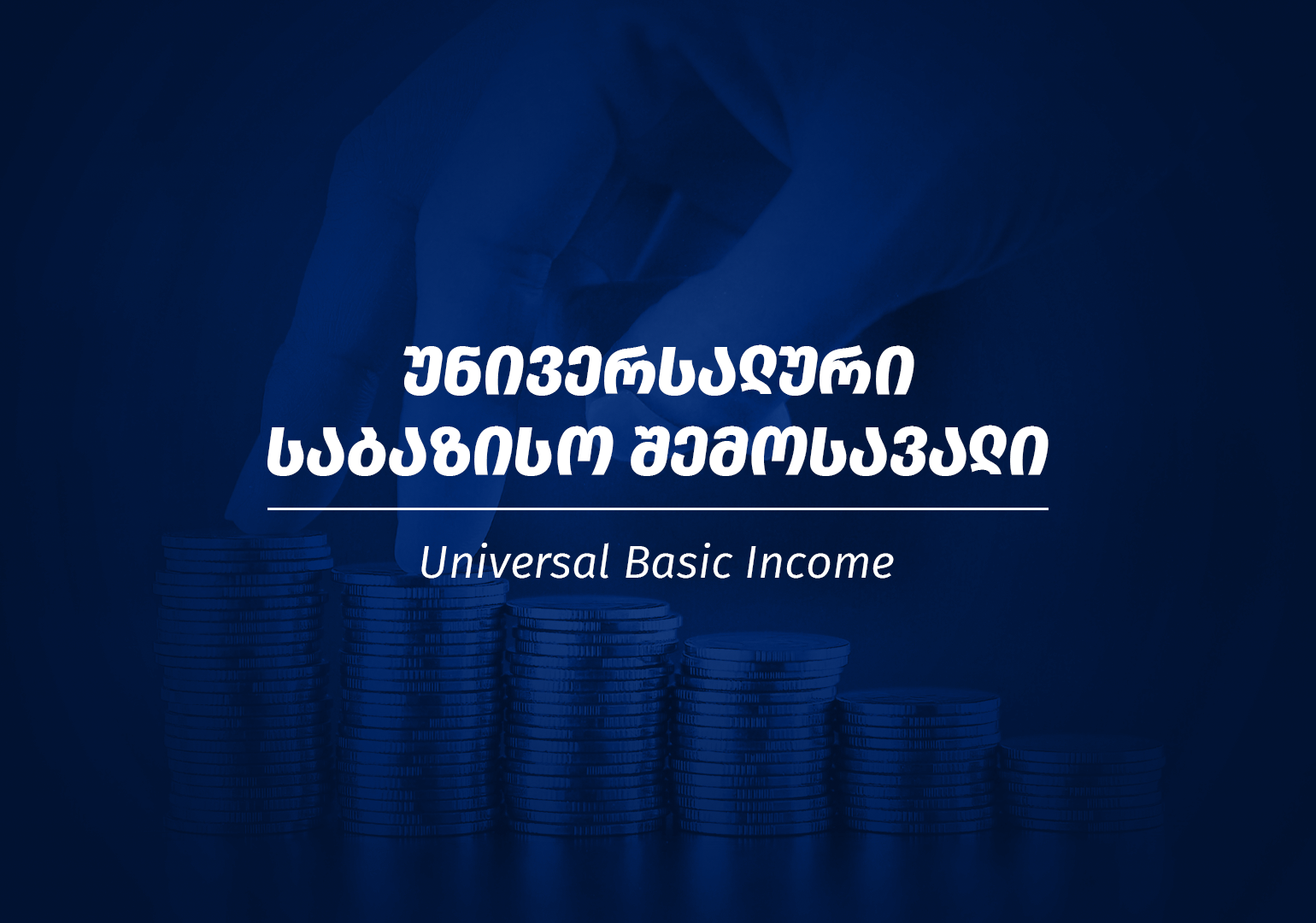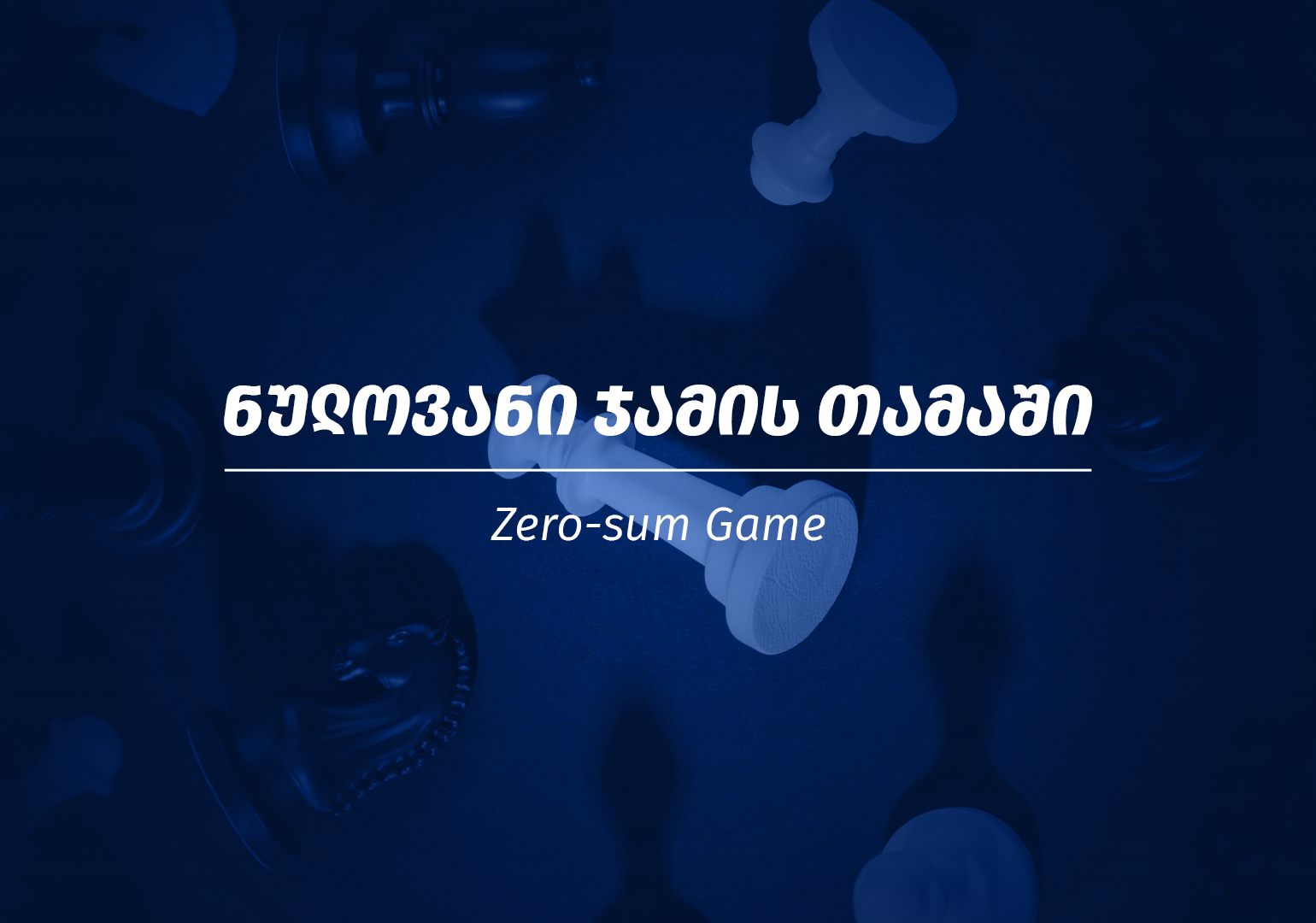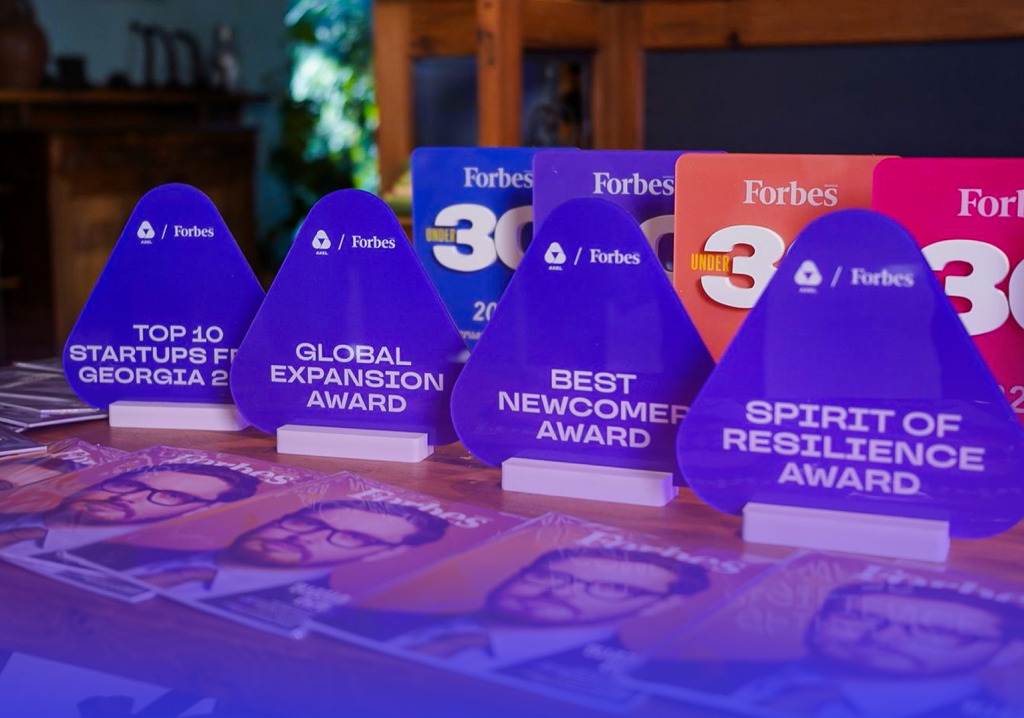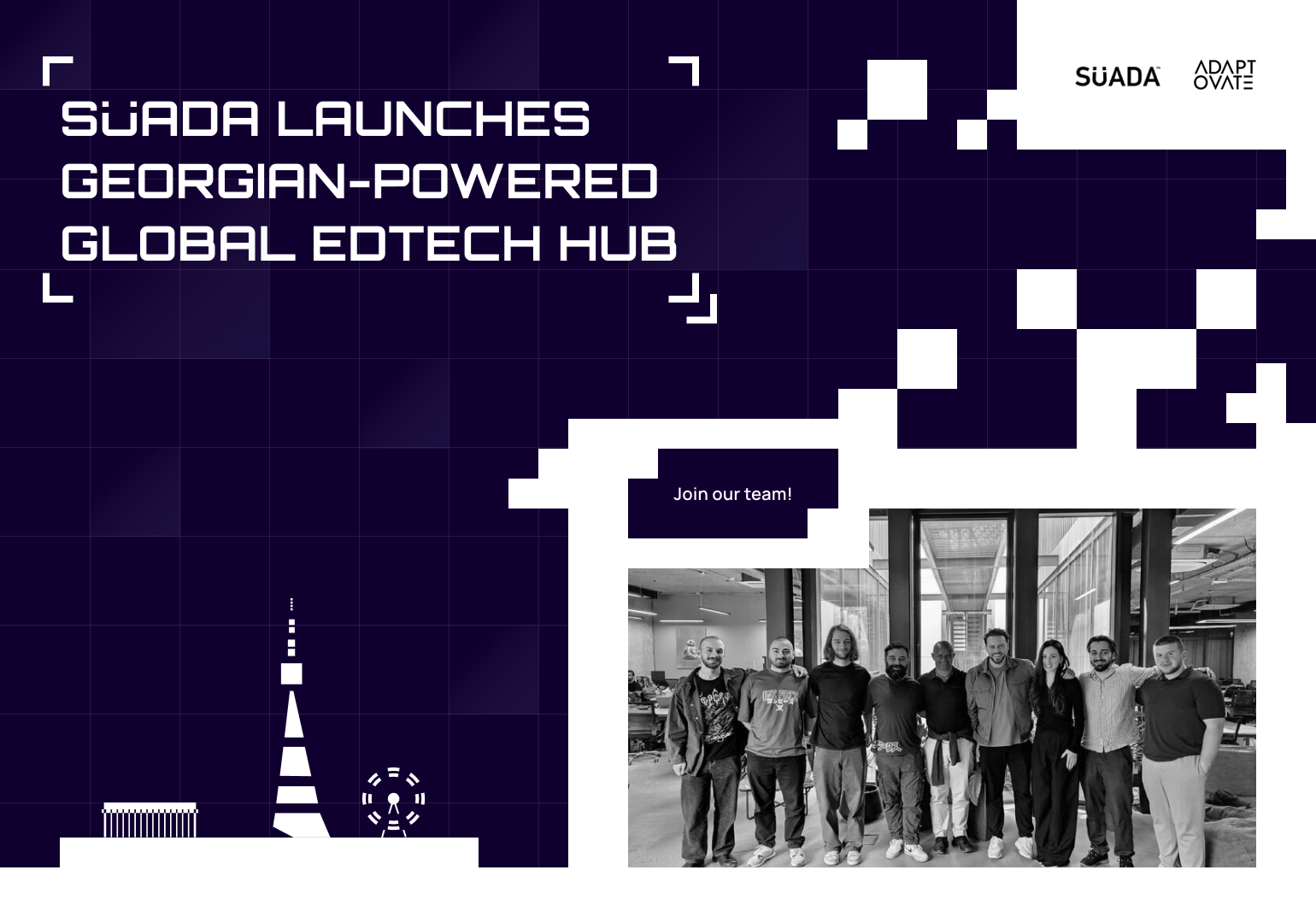Ed-tech startup Lingwing is innovating the way in which we learn online, by pioneering a math-based method, driving high engagement, and offering an impressive speech recognition system. Forbes Georgia’s Inge Snip went by their office on Saakadze Square to find out more from its CEO Vato Veliashvili.
German was definitely not my favorite subject in school, but when I was in 8th grade, my grades increasingly became better. My German teacher decided to equip us with a handy tool. Copied on a floppy disk (yes, that’s how old I am), a very basic computer program allowed us to remember the words we had to study for our tests.
I enjoyed not having to write down by hand all the words, a thousand times, so I genuinely wanted to use it for my other classes as well, but it was only limited to German. I browsed the dial-up 64-128kbps internet and found the program in a corner of the web, one where you could manually insert the content you wanted to study. I used this program up till university. But it was quite labor intensive and would only work for remembering words, terms, dates, and places.
Later, I realized that the languages I speak best, are those that I am ‘forced’ to use. I could even go as far as claiming that my Georgian, a language I never officially studied, is better than my French, which I was taught in school for eight years.
And that is what the ed-tech startup Lingwing is after. Through high engagement, interactive exercises, and a mathematical learning method, Lingwing’s interactive free platform for learning languages is pioneering online learning. And they are doing so, quite successfully.
Vato Veliashvili, Lingwing’s CEO enthusiastically tells me about the platform’s innovative approach and their users’ overwhelmingly positive feedback.
“It works because we’ve designed the platform from the user’s perspective, instead of taking offline learning methods online,” Vato tells me, “that just doesn’t work.”
Learning a new language can be a long and painful process. And whether at school, at a language center, or with a private teacher, the hardest part is just simply remembering all of it and engraving it in your brain.
“We wanted to shorten the time it takes to learn a language,” Vato says, adding that the platform uses a logical learning order, makes you feel as if you were practicing with a native speaker with their own developed speech recognition add-on (which utilizes Siri and Google speech, essentially optimizing them), and is focused around the so-called spaced repetition system.
The 27-year-old Vato, who wrote his first program in a week without knowing any coding when he was only fifteen-years-old, was inspired to create the new language learning platformby his father, and current business partner David. While living in Moscow, David decided he wanted to study English, but failed to find online platforms that actually worked. So he called his son to ask if there were any existing platforms coming from Georgia. This was 2010.
Vato and his father created teach.ge, a prototype preceding Lingwing, which gained about 100,000 active users.
But it wasn’t until their first seed funding by Bank of Georgia’s VegaLab in 2015, and the Georgian Innovation and Technology Agency’s Startup Georgia’s competition that the development of Lingwing could start in earnest.
“We now employ 12 people and are working towards becoming profitable through our freemium plan,” Vato says, explaining that anyone can use the platform for free, but to be able to execute additional daily tasks, they’ve created packages, with funky names such as lazybones (free), diligent (₾19 per month), plodder (₾49 per month), and polyglot (₾69 per month). Nearly 5% of their customers are currently on a paid plan.
In February of 2017, Lingwing was officially launched and reached over 20,000 registered users in less than four months. That’s impressive, to say the least.
Facebook, the world’s largest social network site, grew to 1 million users in their first year. Their target market was the US with 321.4 million possible users. Lingwing, which currently only targets the Georgian market, has in four months convinced 0.005% of the roughly 4 million Georgians in their target market to join. With Facebook – in one year – this was only 0.003%.
Currently, the start-up relies mostly on word-of-mouth advertising, Vato says.
But before Lingwing was launched, teach.ge – its predecessor –had already produced several different success stories, Vato tells me.
One of them was Giorgi Dzigoshvili, and who at the time was only eight-years-old and really wanted to learn English. Unfortunately, his parents struggled to find a private teacher in their hometown of Mtskheta.
Determined to learn the language, Dzigoshvili searched online and found teach.ge. A year later, after having only spent 120 hours on the platform reaching an A1/A2 level, he won the King’s Competition. He accomplished this feat two more times after that. He was completely self-taught through the platform.
Such success stories could serve the platform with extremely effective marketing material. That is why they are currently looking for additional funding, which they will mostly spend on marketing Lingwing. But not just in Georgia. Lingwing plans to start marketing in neighboring countries like Turkey and Russia, moving to the US after, and finally, focus their energy on the Asian market –which might be the largest market for ed-tech startups.
Last March, Vato was in Silicon Valley to talk with potential investors to fund their next round. And the talks went well.
“We met with many potential investors, and were very surprised by the amount of interest in our product,” says a proud Vato, adding that investors immediately saw the competitive advantages of the platform.
“Right now, we’re sharing our metrics on a frequent basis with one of the investors, and we’re positive our numbers will make him happy.”
